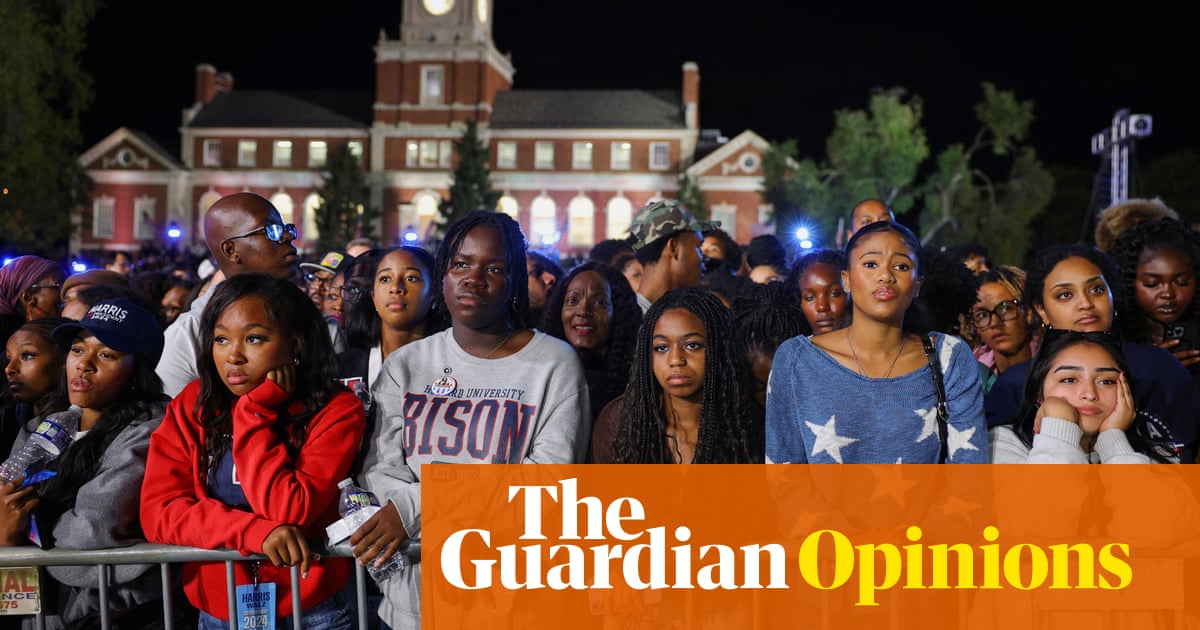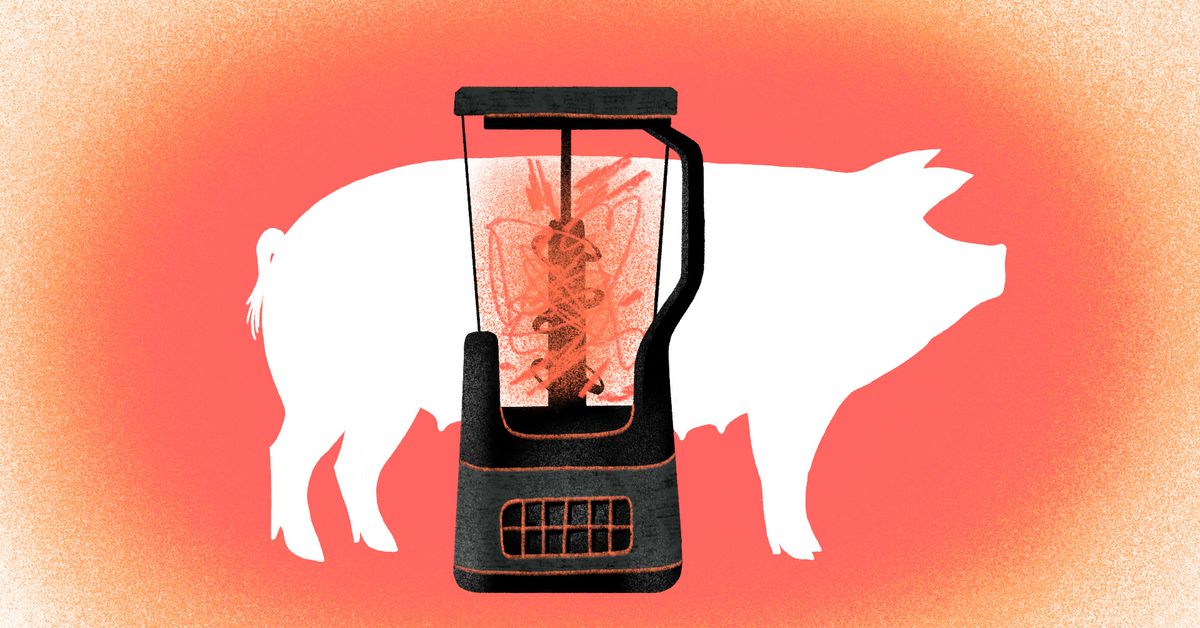So I say “consider how some people actually do have a single source of protein per day, they’re not combining it with other food sources, but they should be aware of this” and your reply is “oh but you see they’re combining it with other food sources so that’s not important” flawless logic.
My point is that it effectively happens anyway without even having to think about it in 99% of cases. It’s not really a large issue in the slightest. It just makes things sound scarier and more complex than it needs to be. People have finite ability to focus on various health things, and this just isn’t something 99% of people need to be worried about
If someone is eating the exact identical source exclusively, every single day with no variation in anything, they are likely going to end up deficient in other things way before this, regardless of which thing they are eating (unless it’s something like Huel or Soylent which is designed to include everything). This is not at the level of “someone has beans a lot”. This is at the level of “virtually all of your calories come from beans” to be some larger issue
Many people use it as a lever to attack plant-based diets in situation that it just doesn’t apply at all by making it sound like it’s something you’re needing some spreadsheet for. It’s really not the case. Plus things like soy, chia, hemp, and more are also already complete too
I never said that. You mentioned it, I said I agreed, and you mentioned it again to reinforce a point I never made. Trying to pad out the comment or something?
I was not saying that you said this. I should have worded that better. I was trying to add some more context for relevant statements from authors talking about both complete proteins and protein combining. I did a poor job of that though
because your body will absolutely not fully digest the 2g of protein in your 100g plate of white rice.
You don’t need to digest all of it, it’s just about a specific amino acid (Methionine in this case which beans already have some of). It’s just a little bit to make it complete. For instance, one of the studies you linked with rice + lentils found the two together rose the DIASS to overall be 100% (122% for infants and kids, 143% for older adults)
I should also note protein quality metrics are also often based on some faulty assumptions for plants in particular. For instance, the DIASS has some flaws that make it undervalue the quality of plant proteins
While multiple strengths characterize the DIAAS, substantial limitations remain, many of which are accentuated in the context of a plant-based dietary pattern. Some of these limitations include a failure to translate differences in nitrogen-to-protein conversion factors between plant- and animal-based foods, limited representation of commonly consumed plant-based foods within the scoring framework, inadequate recognition of the increased digestibility of commonly consumed heat-treated and processed plant-based foods, its formulation centered on fast-growing animal models rather than humans, and a focus on individual isolated foods vs the food matrix. The DIAAS is also increasingly being used out of context where its application could produce erroneous results such as exercise settings. When investigating protein quality, particularly in a plant-based dietary context, the DIAAS should ideally be avoided.
https://link.springer.com/content/pdf/10.1007/s13668-020-00348-8.pdf









Have you tried just compiling it with fewer threads? Would almost certainly reduce the RAM usage, and might even make the compile go faster if it you’re needing to swap that heavily